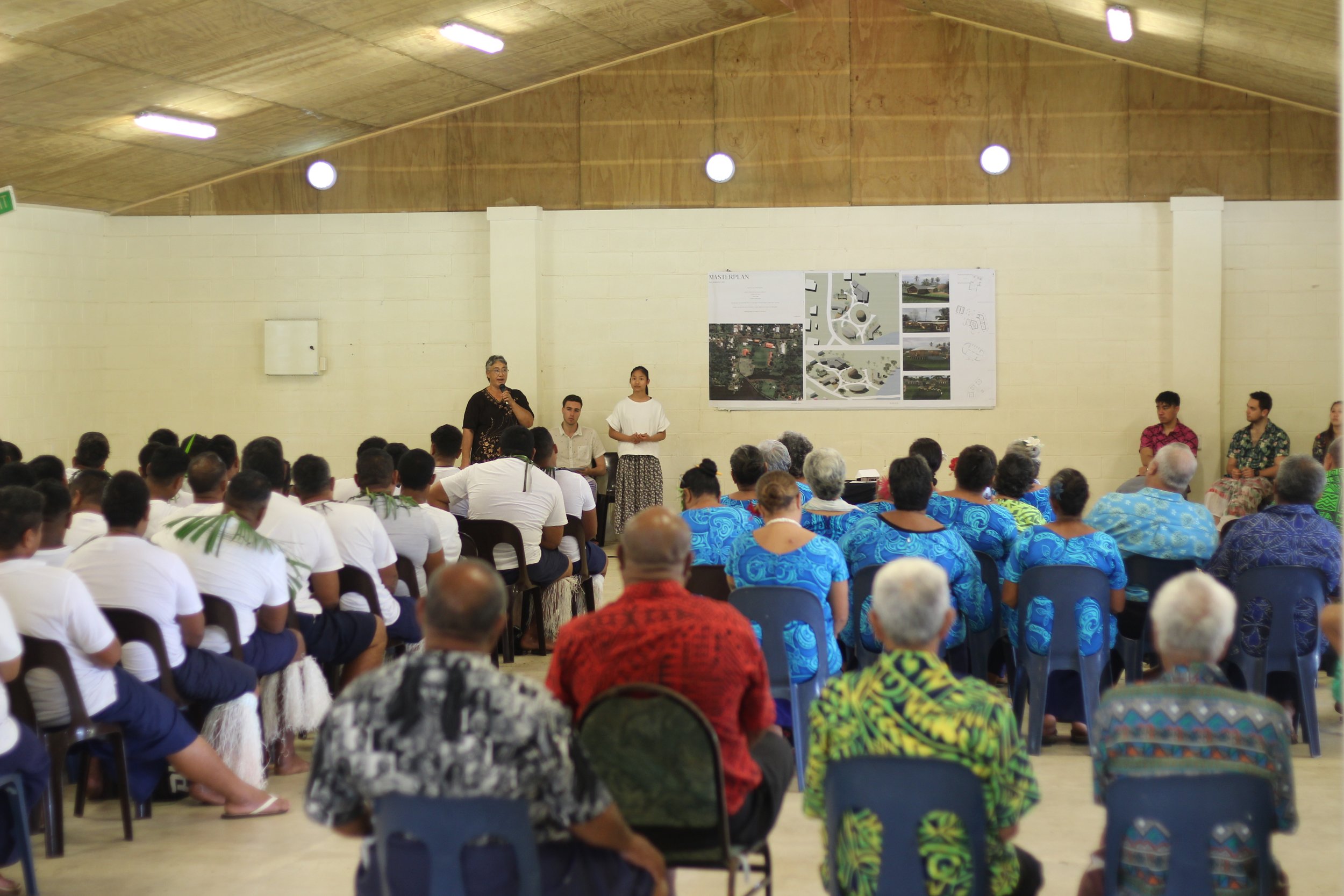MAU is a Moananui term that means to be steadfast, to be resilient, the essence and spirit of place. The concept of MAU has played a significant role in the evolution of Moananui.
The MAU Movement
Le Mau a Pule (or commonly referred to as Le Mau o Samoa) was a non-violent movement that opposed colonial forces in Samoa from 1890 – the 1930s. Ultimately, it led Samoa to gain its independence on 1 January 1962. Mau in this context meant “a strong opinion”, and later referred to structural oppositions to colonial forces.
MAU Piailug
Mau Piailug, a Satawalese navigator, helped the Hokule’a sail from Hawai’i to Tahiti and influenced the revival of Indigenous Moananui navigation. Mau, short for ‘maumau’, translates to strength. A nickname bestowed upon him for his courage and competency as a navigator.
Kia MAU
In Aotearoa, Tina Ngata’s catch-cry “Kia Mau” was a call for us to reclaim our indigenous stories of exploration and discovery. Ngata’s movement surfaced the systematic oppression the “Doctrine of Discovery” created during the colonisation of indigenous people across the globe.




